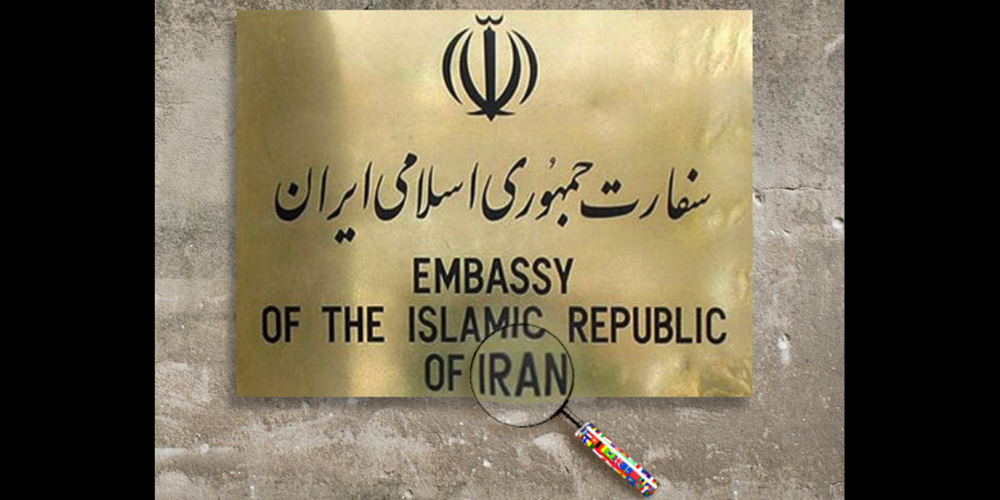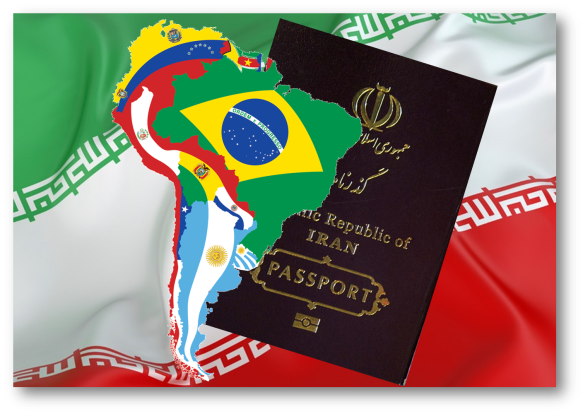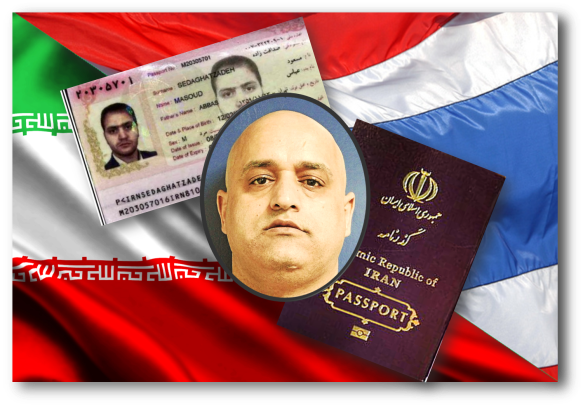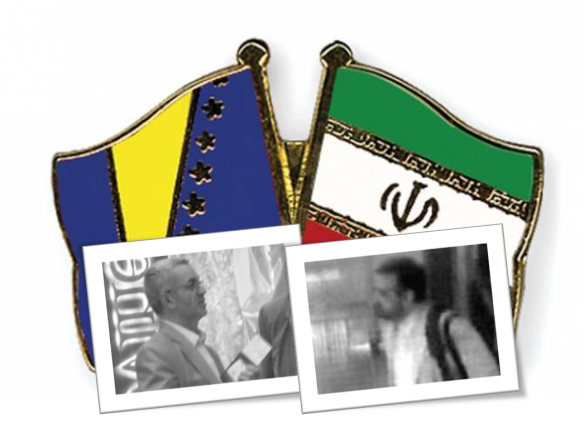As we have seen in previous posts, Iran has demonstrated time and again its sophisticated integration of diplomacy – tools and personnel – with its broader strategic aims.
When it comes to what we’ll loosely refer to as “South America,” it was clear throughout the Ahmadinejad administration that this region was “among the top priorities of the Islamic Republic’s foreign policy“. Indeed, during this period Tehran opened new missions in Colombia, Nicaragua, Chile, Ecuador, Uruguay and Bolivia and expanded embassies in Cuba, Argentina, Brazil, Mexico and Venezuela.
But as we’ve already seen in the case of Georgia, for instance, Tehran’s abuse can only go so far. It was recently taught this lesson again in its relations with St. Kitts-Nevis, an island country not far from Puerto Rico, which recently announced it would stop issuing passports to Iranians.
Its prime minister emphasized that the move is intended to protect the integrity of an investment program designed to prevent transnational organized crime and other illicit acts. Readers probably get his point…
The decision by St. Kitts-Nevis demonstrates an understanding that Tehran’s version of diplomacy is never far removed from the more violent agendas led by the Iranian Revolutionary Guard Corps (IRGC) and its elite Qods force. This connection was again confirmed, in the South American context, in the May 2013 report by Argentinian prosecutor Alberto Nisman.
According to Nisman, Iran had successfully infiltrated dozens of South American countries on many levels in which connections with rulers and diplomats were supplemented with ties to revolutionary factions within the countries – while its subversion operatives reached deep down to promote their aims.
Nisman’s list of Iran-infiltrated countries includes Argentina, Venezuela, Bolivia, Brazil, Paraguay, Uruguay, Chile, Colombia, Guyana, Trinidad & Tobago and Suriname. Just in the neighborhood of St. Kitts-Nevis.




